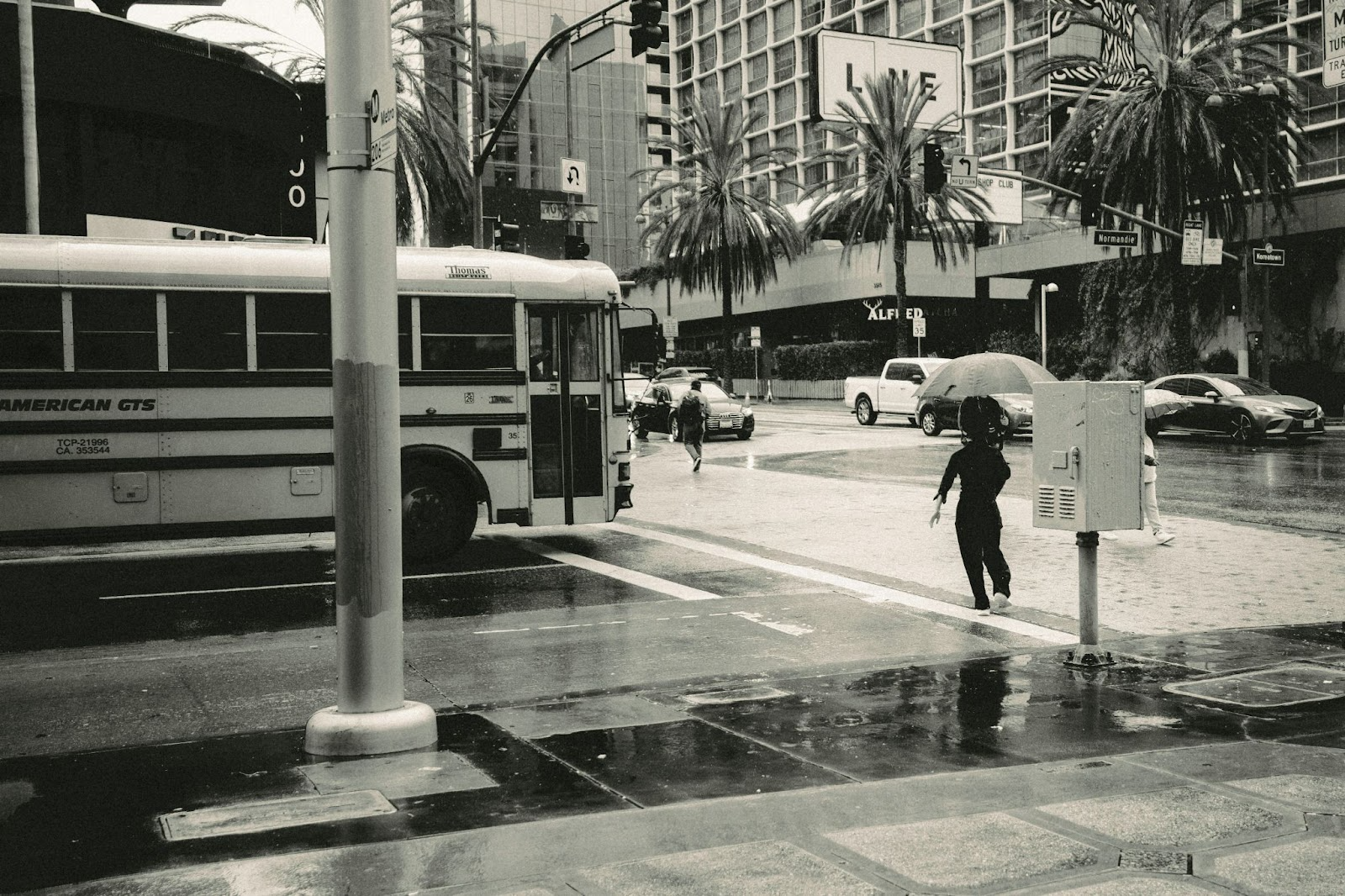
Photo by Leo Bayard on Unsplash
Wherever you live, you’ve probably noticed that the weather seems to be getting ever more unpredictable. Flooding, droughts, hurricanes, cyclones, hail, unseasonal temperatures, and other extreme weather events are becoming more frequent, and with them come an increase in accidents and injuries.
You might think these are freak incidents, but many times, someone should have taken precautions to prevent them. If you’ve ever slipped on an unsalted sidewalk, been hit by flying debris, or had your car hydroplane on a flooded road, you might wonder who is responsible for preventing accidents like these.
How Does Extreme Weather Lead to More Injuries?
Bad weather creates more opportunities for people to hurt themselves, and others. Here are some of the common ways in which adverse weather conditions can lead to injuries:
- Slips and falls: Ice and snow on sidewalks, wet floors on tiles, laminate, or wood, uneven pavements hidden by puddles, and erosion to sidewalks or ground surface.
- Car crashes: Slick roads, flooded highways, poor visibility from heavy rain or fog, and other drivers are more likely to lose control.
- Flying debris: Loose objects, broken tree branches, general debris on roads and walkways, or even collapsed structures in strong storms.
- Extreme temperatures: People stuck working outdoors in the sun with no shade or water, heat exhaustion, employees working indoors without proper ventilation or breaks, not being provided with correct PPE for weather conditions.
Some of these may just sound like bad luck, right, but many of these accidents happen because someone failed to fix a hazard.
Who’s Responsible for Weather-Related Injuries?
- Slips and falls: As an example, let’s say it’s raining heavily, and people are traipsing in water as they come in from outside. If a store doesn’t clean up the wet floor, it may be found liable if someone slips and falls.
- Car crashes: If a city fails to salt the roads or fix dangerous potholes, it could be responsible for accidents that occur as a result.
- Flying debris injuries: If a homeowner ignores a rotting tree branch that later falls on someone, they could have to pay damages.
- Temperature-related injuries: If an employer forces staff to work in extreme heat without proper breaks and protection, they could be sued for negligence.
If you’ve been hurt in a situation where bad weather made things worse and negligence may have played a role, it’s worth taking this information to a lawyer. A firm that specializes in personal injury, like trinjurylaw.com, can help figure out if you have a case.
What to Do If You Get Hurt in Extreme Weather
Whether it’s a heatwave, cold front, hurricane, storm, or another intense weather event, here’s what to do:
- Take pictures and videos as evidence: It’s important to capture the scene of the accident before conditions change, like the ice melts or water dries up.
- Get medical assistance: Even if damage seems minor or wounds superficial, do not skip this stage. Injuries can worsen over time, and a medical record will help your case (if you have one).
- Gather witness statements. If anyone saw what happened, be sure to obtain their contact information. It could prove useful to corroborate your version of events.
- Report the accident. If it happened at a store, business, or public space, report it so there’s a record. There may also be surveillance footage.
- Talk to a lawyer. A personal injury attorney can tell if you have a claim and explain what your next steps are.
Evidence disappears quickly after storms, witnesses forget, and footage gets wiped. To give your case the best chance of success, be sure to act quickly.
How to Stay Safe and Avoid Injury
The best way to avoid personal injury in bad weather is to be prepared! Here are some tips to help you stay safe, whatever the weather:
- Dress for the conditions: In treacherous icy areas, wear proper footwear with a good grip.
- Watch where you’re walking: In a storm, avoid trees and power lines, and be sure to keep your eyes open. A surprising number of injuries occur because people are staring at their smartphones.
- Check the roads before you leave the house: If it seems too risky to drive, it’s always best to stay home.
- Stay hydrated: Heat exhaustion sneaks up fast. If you start to feel unwell, don’t push through: alert the relevant personnel and take a break. Your health and safety come first.
Endnote
As our climate changes, extreme weather events are going to continue getting more common and more intense. The smartest thing we can do is to be prepared, but it’s not always enough. Sometimes, accidents happen, and when they do, it’s important to question whether it was preventable and who’s to blame. When it’s negligence, you could have a personal injury case on your hands.